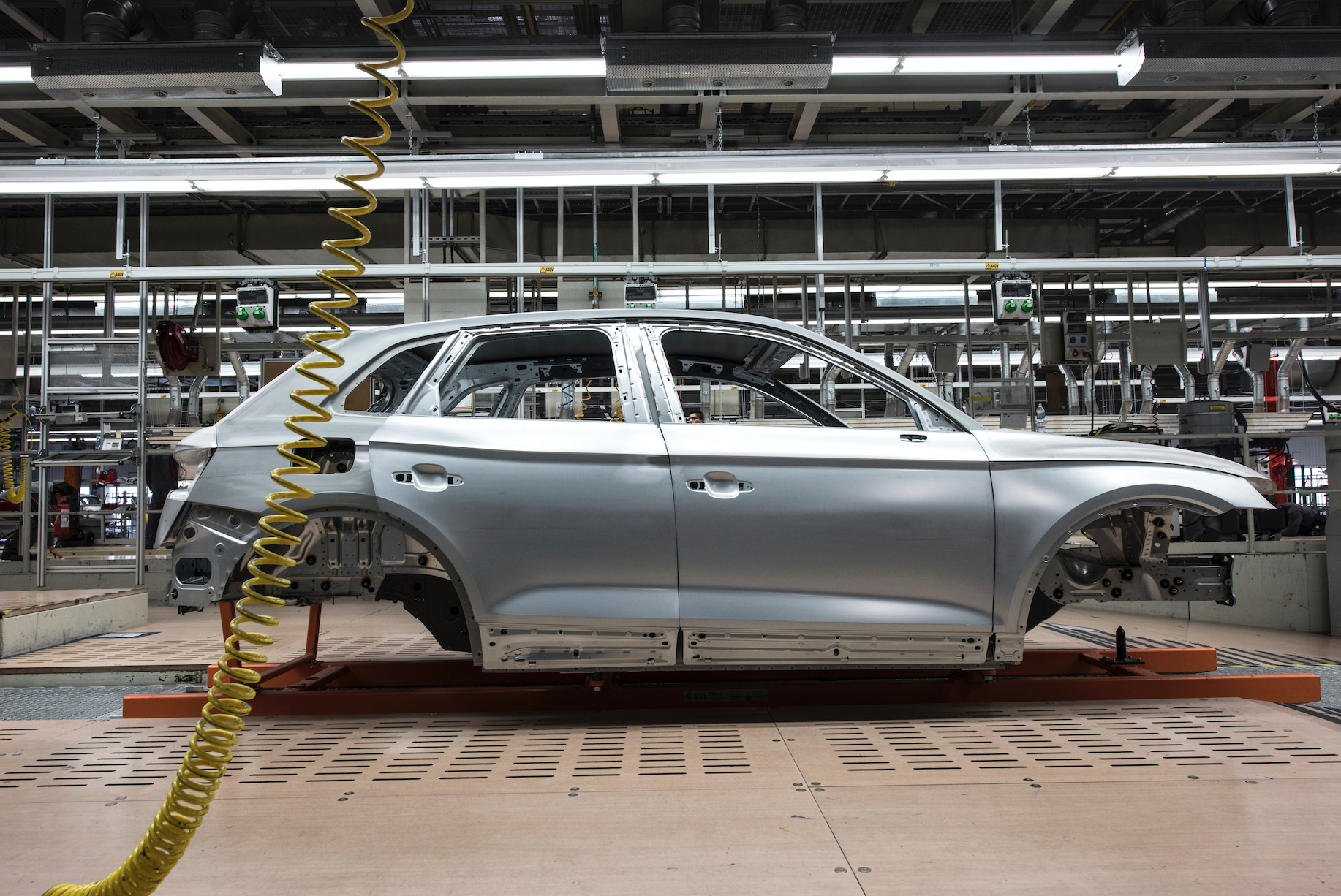Automaker Volvo sold 148,295 vehicles in the first quarter of 2022, down 20% year on year, and produced 169,000 units, down 9%, as supply chain constraints continued, although these had slowly started to ease, it said April 28.
However, it said that it had been hit by a shortage of a specific component, which was expected to impact second quarter production.
“Volvo Cars considers this a temporary set-back and expect the supply chains to improve in the second half of the year,” it said, adding that it expected marginal growth in sales volumes for the full year 2022, compared to 2021, although uncertainty remained high.
The majority of total sales went to Europe at 65,200 units, down 26% on the year, while China sales dropped 21% to 35,700 units and sales in the US fell 16% to 22,800 units.
Of the total vehicles sold in Q1, 11,700 were battery electric vehicles, which was a share of 8%, up from 6% in the fourth quarter of 2021, supported by strong demand and the prioritization of EVs during the ongoing supply restraints.
This also compared to only 3,600 BEVs sold in Q1 2021.
“That share will continue to grow as we increase our annual production capacity of fully electric cars to 150,000 units after summer,” Volvo said, adding that it forecast high growth for full-year 2022 sales of BEVs.
Increased demand for EVs has been one factor boosting battery raw material prices, with S&P Global Commodity Insights’ seaborne lithium carbonate and lithium hydroxide assessments up 120.4% and 152.4%, respectively, since the start of 2022 to $74,500/mt CIF North Asia and $80,000/mt CIF North Asia on April 27.
Volvo’s total recharge vehicle sales totaled 49,800 units in Q1 2022, up 6% year on year, and at a 34% share of total sales.
It said Norway, Brazil and Thailand became the first markets to reach 100% sales of recharge cars, including BEVs and plug-in EVs, in Q1, with Volvo aiming to direct its development and marketing efforts to recharge cars and its focus is on full EVs.
The company aims to sell 1.2 million vehicles/year by 2025, of which 50% should be BEVs.
Volvo also aims to reduce the CO2 life-cycle footprint of each car by 40% by 2025 and said this was progressing according to plan, with Q1 CO2 emissions 13.4% lower compared with 2018.
“The strategic direction remains clear and very much in focus; the fastest transformer in the industry, a fully electric brand with direct consumer relations, and lower carbon emissions is our way forward,” Volvo Cars CEO Jim Rowan said.
“To achieve our ambitions we will increase our pace of product development, strengthen the resilience of our supply chain, and accelerate our digital and software capabilities,” he added.
Global plug-in light duty EV sales are expected to total 13.7 million units in 2025 and 26.8 million units in 2030, up from 6.3 million units in 2021, according to S&P Global analysts.
— Jacqueline Holman






